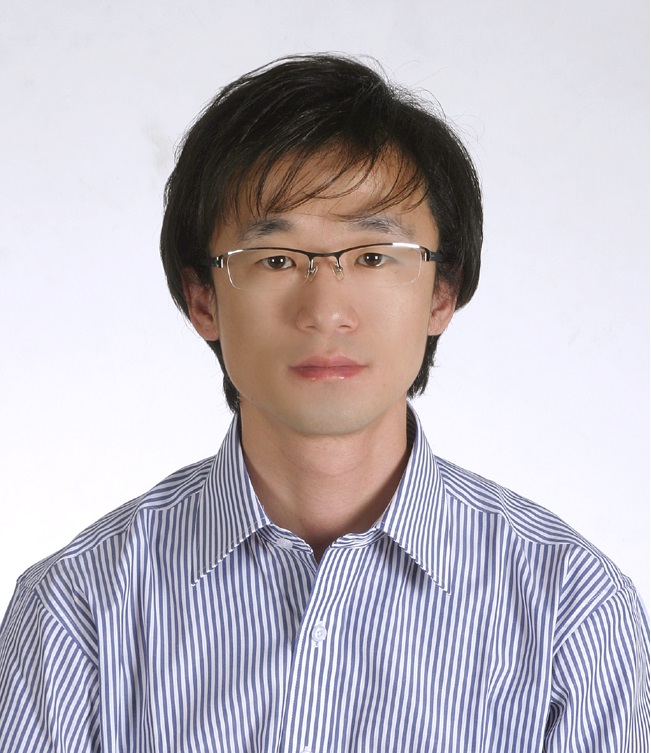Media Center
A multimedia mosaic of moments at GIST
People
Dr. Beom-Chan Lee Appointed Assistant Professor at Univ. of Houston
- 정명식
- REG_DATE : 2014.09.04
- HIT : 1994
Dr. Beom-Chan Lee, a graduate of GIST, has been appointed assistant professor of the department of Health and Human Performance (HHP) at the University of Houston in America.

After graduating from Kangwon National University with a B.E. degree in 2004, Dr. Lee received his M.S. degree from GIST School of Mechatronics in 2006. At GIST, he was a research assistant for Human Robotics Laboratory directed by Professor Jeha Ryu. His research focused on haptic rendering and its applications in medical, educational, cultural, and industrial domains.
Dr. Lee earned his Ph.D. degree at the University of Michigan (UM), Ann Arbor in 2012, with an emphasis in biomechanics. He was a post-doctoral fellow and research investigator with Sensory Augmentation and Rehabilitation Laboratory in the UM Department of Mechanical Engineering. Then, he joined the HHP faculty in the summer of 2013 as a research professor of biomechanics.
Dr. Lee has published a total of 41 papers in international journals and conferences in the areas of Biomechanics, Rehabilitation science, and Neuroscience during the course of getting his master’s and doctoral degree. His recent publication entitled “cell phone based balance trainer” was introduced in several medical magazines. He also has multiple Intellectual property rights.
Dr. Lee’s research interests are 1) designing and developing a real-time biofeedback technology to prevent and reduce falls by leveraging fall recovery performance in individuals with a high risk of falling, 2) designing and developing a cell phone based platform for home-based balance rehabilitation and fall prevention applications, 3) designing and developing a wearable sensory augmentation system via vibrotactile biofeedback for conveying motion instructions based on motion error between an expert and a trainee (patient) for potential clinical and home-based balance rehabilitation training applications, and 4) characterizing non-volitional human motor behavior (postural responses) to torso-based vibrotactile stimulation. In addition, he is presently working on collaborative projects with researchers at the National Center for Human Performance (NCHP) and Texas Medical Center (TMC) to develop wearable systems that measure body kinematics in a real-time manner to understand the biomechanical characteristics of balance and gait in obese individuals, elderly individuals, and individuals with Parkinson’s disease and to improve gait stability as well as quality of life.
Dr. Lee mentioned that GIST is actively conducting leading research in science and technology and has the quality of faculty and the resources for multidisciplinary research. He encouraged current students at GIST to develop their career goals by making the most out of GIST’s world-class resources.